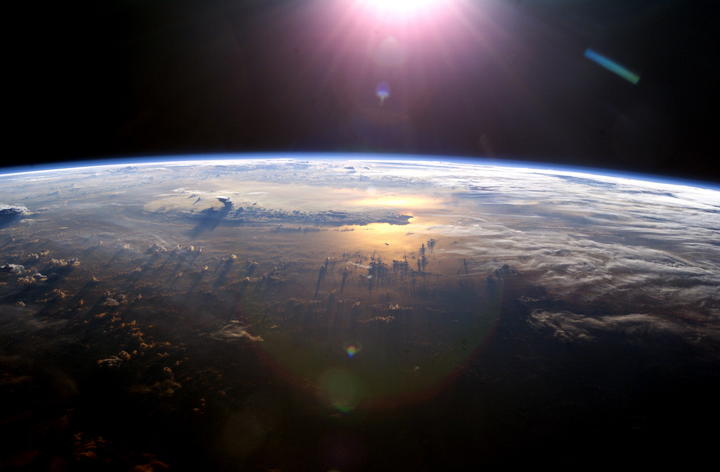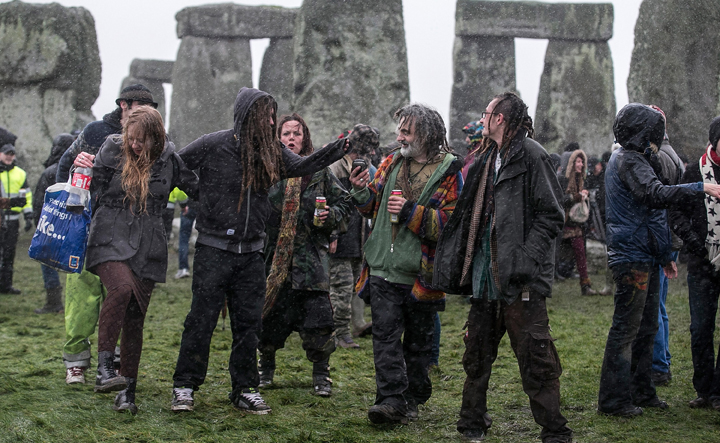Editor’s note: this article was originally published on Dec. 21, 2015.

Dec. 21 marks the winter solstice in Canada and the U.S., which also ushers in winter. Here are some things you may not have known about the solstice.
Shortest day, longest night
While we say that it’s the “shortest day” we’re not saying that the hours in a day are somehow lost. Instead, we’re referring to the daylight hours.
According to the National Oceanic and Atmospheric Administration, the sun rose at 7:48 a.m. in Toronto on Monday and will set at 4:43 p.m. That will give the city eight hours and 55 minutes of daylight. But now, if you move ahead to Dec. 22, the sun will rise at 7:49 a.m. and set at 4:44 p.m., giving the city the same amount of daylight. In Vancouver, the city will only get eight hours and 11 minutes of daylight (ouch).
North pole is tilted farthest from the sun

Get daily National news
The reason we get the winter solstice is due to Earth’s tilt, which is also responsible for our seasons (it has nothing to do with our distance from the sun; in fact, we are closest to the sun in January).
The winter solstice marks the time of year in the northern hemisphere where Earth is tilted at the most extreme angle. But just because it’s the darkest day of the year (with a longer night on this day), it’s not the coldest.

Days begin getting longer on Dec. 23
While you may rejoice in thinking that the daylight hours will begin getting longer (now you can tell the difference between midnight and 6 p.m.!), you’re going to need just a little more patience.
The daylight hours don’t start getting longer until Dec. 23, and even then it’s by mere seconds. Still, we’ll take it. It’s on Dec. 23 that we get an extra four seconds, and then on Dec. 24, by a whole nine seconds. By Jan. 1, we’re at nine hours of daylight.
Doesn’t always happen at the same time every year
Because of the motion of Earth and the influences of other planets and the sun, the solstice doesn’t always fall on Dec. 21, though it does more often than not. In fact, technically it occurs this year on Dec. 22, if you’re using Universal Standard Time.









Comments